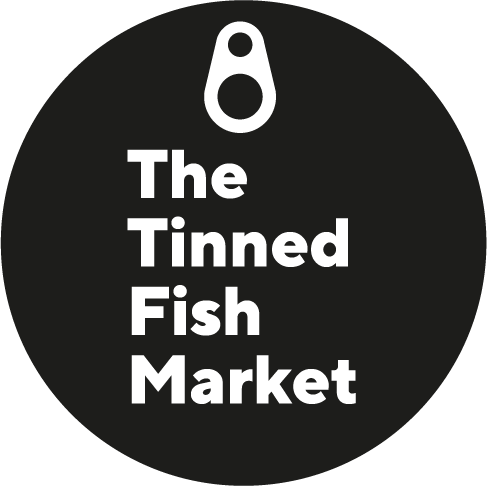Our producers
What we look for in the canneries that we source from:
• sustainable methods of fishing such as pole and line where one tuna is caught at a time to avoid wasteful by-catch, and purse seine where a net is lowered into the ocean and closed around the fish. This avoids damage to the ocean bed and smaller fish can swim free and replenish ocean stocks.
• small batches of fish are canned. If small amounts of fish are caught and canned this means the oceans are not overfished. The canneries we work with do not mass produce as this results in a lower quality product. Canneries like Real Conservera and Ramón Peña and Pinhais include steps such as pre-cooking the sardines to improve the texture and flavour - mass producing canneries skip this step as it is time consuming and reduces output.
• the fish is hand prepared and canned. This way there can be more quality control as the conserverie workers are able to choose the best fish for the tins. Artisanal canneries also have a lower carbon footprint than ones reliant on machinery. The fish are cut by hand to fit the tin, meaning no space in the tin is wasted. The tins are then filled with olive oil; any spillages of olive oil are salvaged and re-used.
• high quality ingredients are used and ultra-processing is avoided. The canneries source the best fish from the fish markets and complement it with high quality olive oils and other natural ingredients.
• the fish is fully traceable. For instance, Zallo, Angelachu and Olasagasti anchovies are fished in MSC (Marine Stewardship Council) protected areas of the Cantabrian Sea. This means the anchovies are fished to quota and not overfished. Catch certificates also tell us how many KG of fish is in the catch and the boat that caught the fish.
•the fish is seasonally caught. For instance the white tuna is fished in the Cantabrian Sea between late June and early November when it is at its leanest and best.
•fish that is locally sourced. Don Reinaldo is on the banks of the Galician Rías where the fish it cans is caught. Ramón Peña too - the first cannery established in Galicia - is also situated close to one of these rivers, and Pinhais is a stone's throw from Matosinhos fish market.